Deacon Prodencio Bognay reads from the Gospel of Luke (20: 27-40) in which the Sadducees question Jesus about the Resurrection of the dead.
Prodencio says, this particular passage of our Gospel is one of the instances where we find a clear misconception that our worldly, or earthly, standards apply to spiritual realities. In philosophy this is called misplaced concreteness. The Sadducees do not believe in the Resurrection, partly because they could not reconcile how to apply the worldly standards to the life after Resurrection. Their presumption is that, if there is a Resurrection, the same laws and principles here in the earthly life would apply.
In some ways, Prodencio notes, this is still happening today. Sometimes, we imagine that life after Resurrection is just being in another place, apart from this universe, where social rankings and special treatment still exist. It is just easy for us to imagine that our natural and man-made social groupings such as family, race, religion and so on, still exist in the life after Resurrection.
For our reflection, Prodencio invites us to reflect on the theme of being children of the Resurrection or being children of God, as Jesus put it. In our pursuit to address our spiritual longing we have those experiences that transcend our earthly standards. When we think of attaining spiritual contentment, or spiritual enlightenment, there is no way we can mix it with hatred towards our perceived enemies. Living a spiritual life involves rejoicing and celebrating over somebody’s enlightenment as opposed to our natural inclination to compete with everybody else. It is about having a deep longing that everybody would reach their happiest life, or everybody would become a saint, as opposed to our natural tendency to strive to be the sole survivor.
For us Christians, it is about having that deep longing that every person would live the Christ within each one of them. Prodencio asks us to think about whether we are living as children of the Resurrection or are we still stuck with being children of this world?

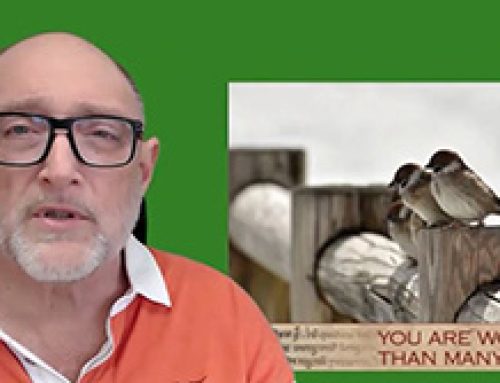
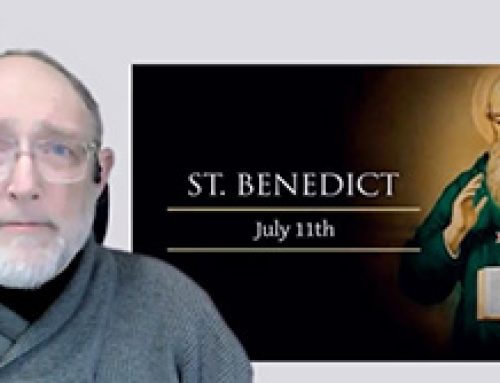
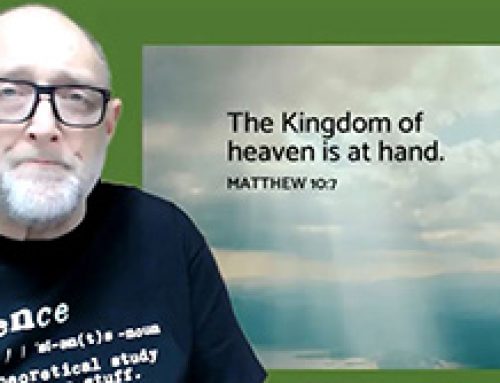
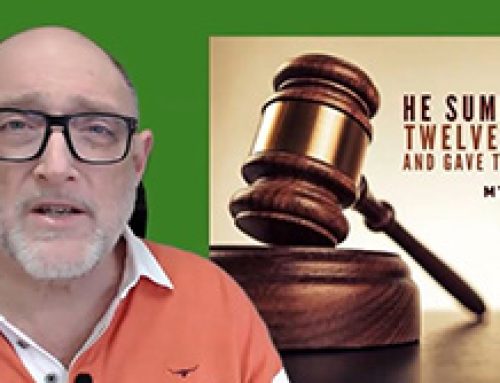
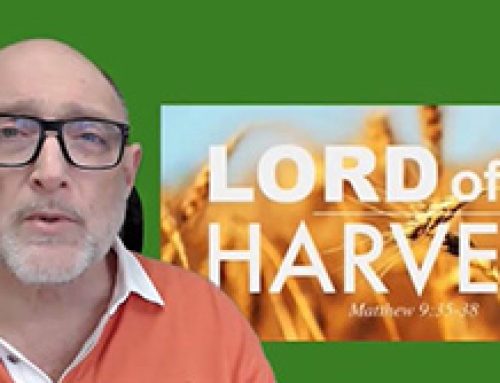
Leave A Comment